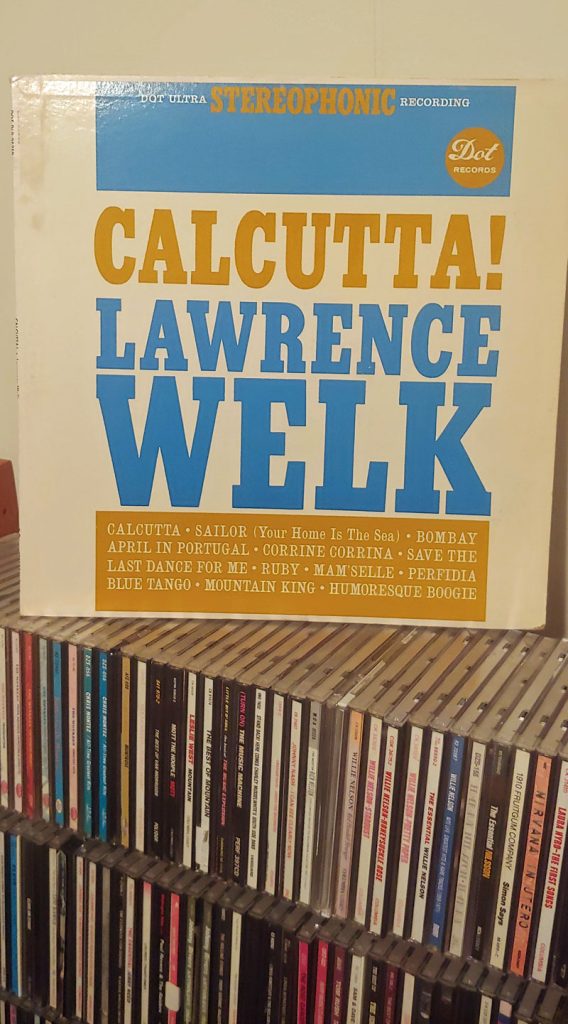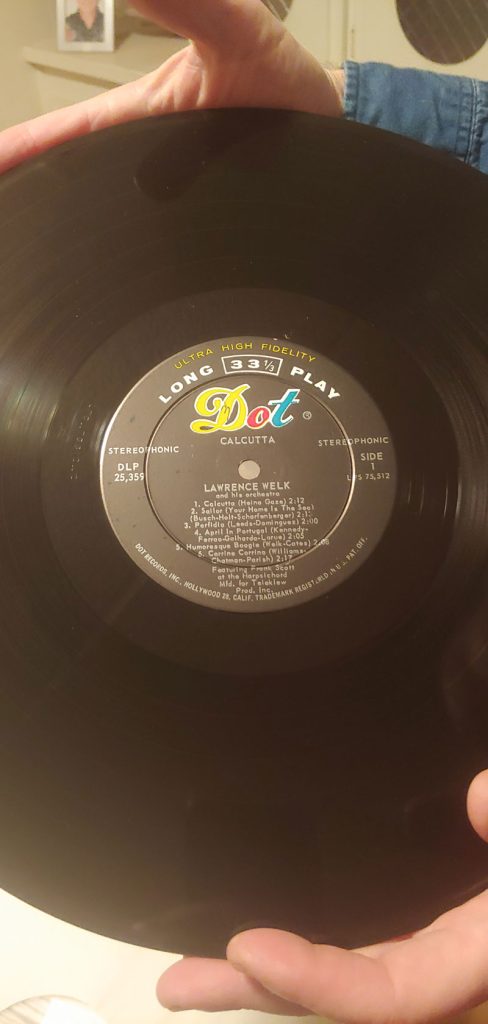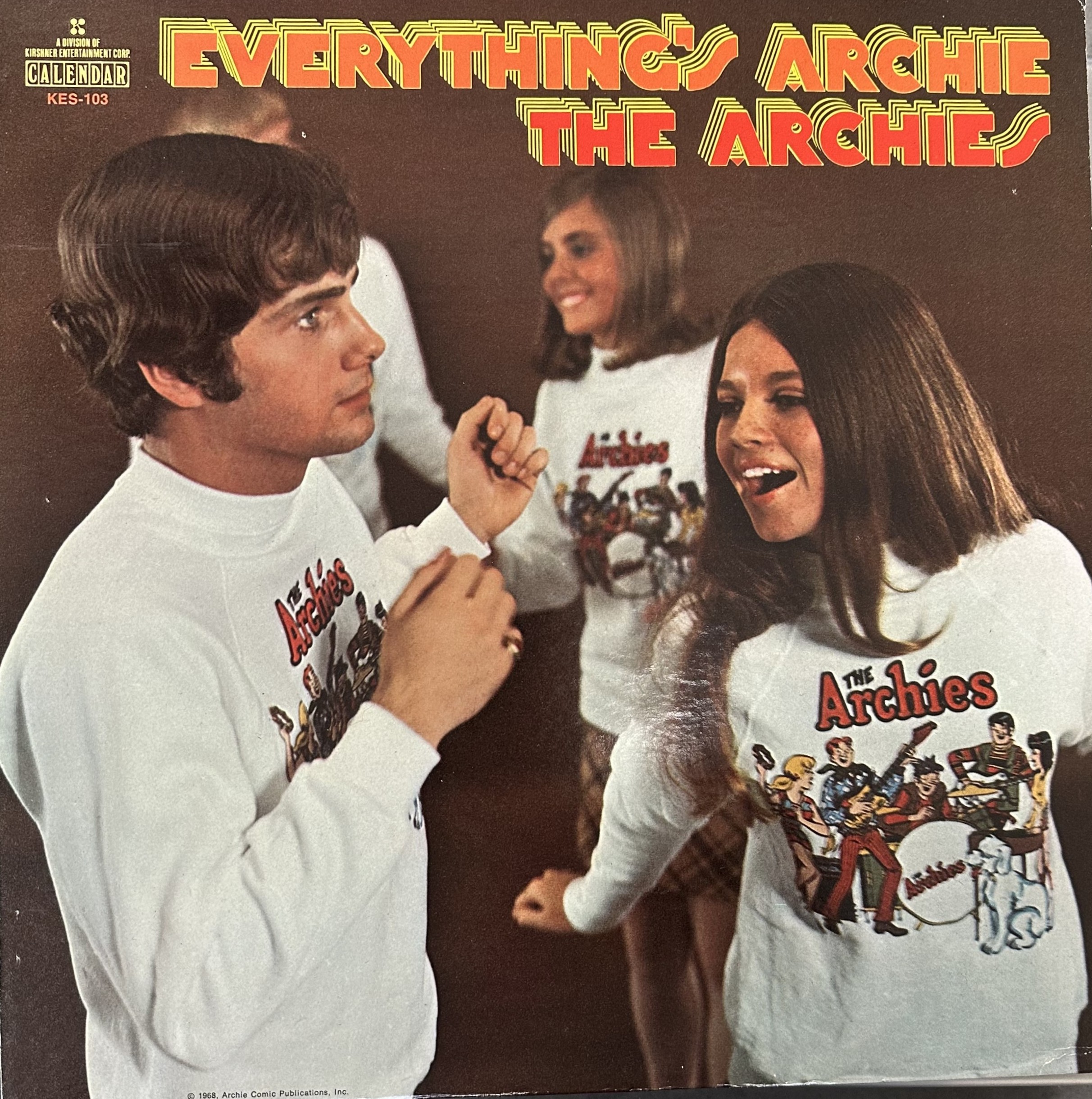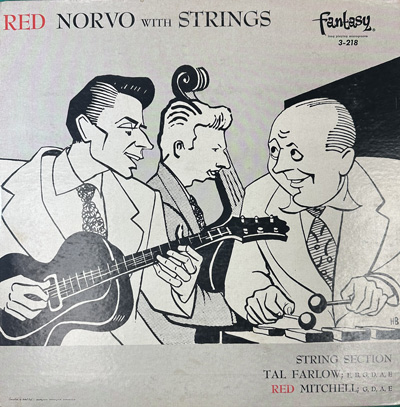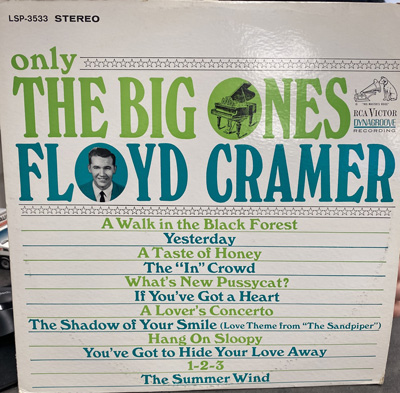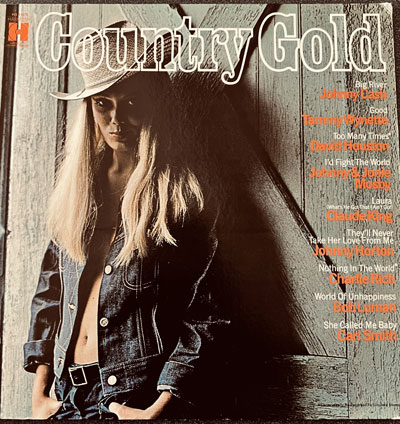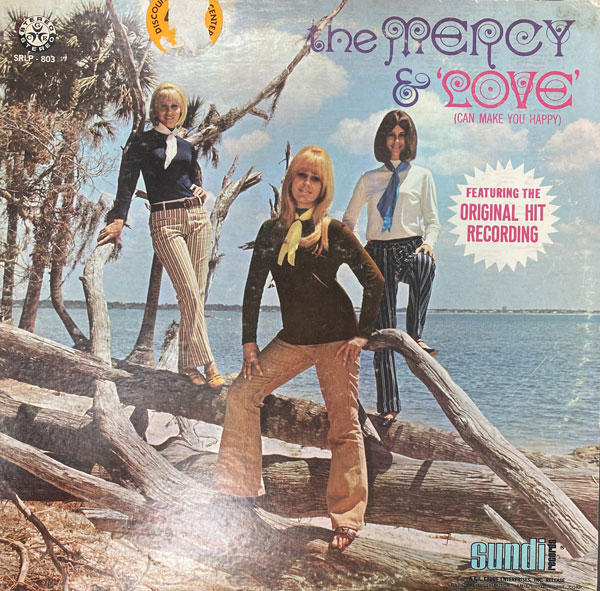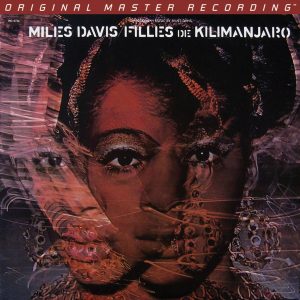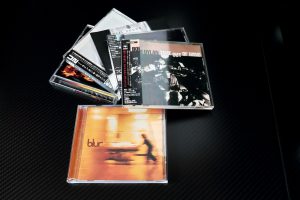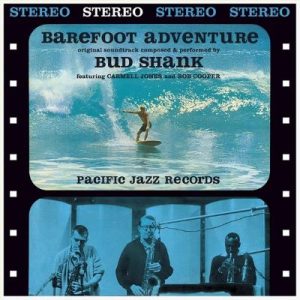It's time for a confession: I enjoy the album Calcutta! (Dot DLP 25359) by Lawrence Welk (1903-1992). Honestly, there's an awful lot to like on this LP. It has incredible sound, incredible musicianship, and memorable tunes that'll make your body move. The stereo imagery is on a par with the best of Martin Denny's exotica and Frederick Fennell's symphonic band albums. If you were collecting vintage stereo LPs in the 80s and 90s, you probably tried a few Dot LPs. And if during the same period you went record hunting in the thrift stores, then I know that you've seen this title countless times.
I don't want to get too deep into the Lawrence Welk TV show, but if you're over the age of 60 you've no doubt seen the dancing couples that were a central feature of the show. You may have also noticed the flawless musicianship of the Welk orchestra. Many of Welk's virtuoso soloists, like guitarists Neil Levang and Buddy Merrill, and pianists Big Tiny Little and Frank Scott, were also soloists on Welk's records.
"Calcutta" the single was released in December 1960, and by March 1961 it was a number one hit. Calcutta! the album was released in 1961. I know that the word irresistible is frequently used by me, but I can't think of a better word to describe this frivolous yet appealing music. The fast paced/nearly-rock beat of the title cut was a departure for Welk, and perhaps this is why it caught on so well with music lovers of all ages. It didn't hurt that it also became popular with guitarists, as demonstrated by Chet Atkins and The Ventures.
The first thing you hear on Calcutta! the album is "Calcutta" the single. Although the tune could have easily been composed by Welk's longtime collaborator, George Cates (1911-2002), the tune is actually a cover of a German instrumental called "Kalkutta." The first thing I noticed when I started to review this album is how absolutely perfect it sounds on headphones. The title cut opens with an electric guitar on the left and a snare drum on the right. The snare is quickly embellished by shakers, which are also on the right. This all happens right before Frank Scott's harpsichord, which is smack dab in the middle, plays the famous theme. Scott's harpsichord—which is a big part of this album's sound—is accompanied by a wordless female choir. (The choir is in true stereo.) As the theme is developed, the choir sings their signature la-la-las. Halfway through the song is a repeat of the main theme, this time on the accordion, which is on the right side of the stereo stage. Just before the cut ends, Scott reintroduces the main theme on the harpsichord. It is here that we are rewarded with some of the best sounding hand claps ever recorded. Simply put, this is some of the best sounding ear candy ever offered on an LP.
Side one cut three is the standard "Perfidia." This cut is an uplifting jam for electric guitar, electric bass, bongos, and a female chorus. I can't promise you that the guitarist is Buddy Merrill, but it sure sounds like Buddy. The cut is fast and fun, and Welk's musicians bring as much positive energy to this standard as did Hank Marvin and The Shadows.
Side one cut five is "Humoresque Boogie." This is fun! Frank Scott is showing off his superb jazz chops on the harpsichord, with the strings and choir adding irresistible punctuations to the already jumping tune. This smile-inducing cut-the-rug music also sounds insanely good.
Side one closes with "Corrine Corrina." The arrangement of this blues-rock-country standard is uniquely adult, uniquely silly, and uniquely appealing.
Side two cut one is "Bombay." This time we have an original Cates/Welk original, and, once again, the music has nothing to do with India. The main purpose of this cut was to allow the band and the female chorus to pick up where "Calcutta" left off. Frank Scott had more than enough energy left in his fingers, and the ladies possessed many more la-la-las that needed to be heard. I apologize if the happiness of this music overwhelms you. I love it.
One of the key ingredients of this album is the bass playing by Wrecking Crew legend, Bill Pittman, and his use of the Danelectro Shorthorn electric bass. His ultra fat bass was a big part of the west coast 60's sound, as Pittman used this instrument on countless movie soundtracks, rock albums, and, thankfully, this album.
This album could have been a Frank Scott (1921-1995) album. Scott, who was later known as Professor Scott from North Dakota State University, brought his own flavor to this album. At this point in my life I can only regret that I passed on Scott's Dot albums. Had I known what I know now... .
It's always worth discussing the sound of a record. This is a top-notch audiophile grade recording. It has deep bass, thanks in large part to Bill Pitman. It also has a tremendous stereo soundstage, and a beautifully effortless top end. The instrumental colors are fully saturated. It has all the right ingredients to tickle your ear and your moving coil.
Speaking of moving coil cartridges, I just finished writing a review of the Hana EH cartridge for Record Collector News. It's currently installed in my office system, where it's happily performing its special brand of magic on a vintage Micro Seiki turntable. Every cartridge I've ever owned has strengths and weaknesses. The entry level Hana wouldn't be my first choice for my classical records, but it's doing magical things on my vintage pop records that has me pretty excited. It's simply breathtaking on 60s rock. Holy 3D imaging and great bass Batman, it turned Calcutta! Into an audiophile tour de force!




